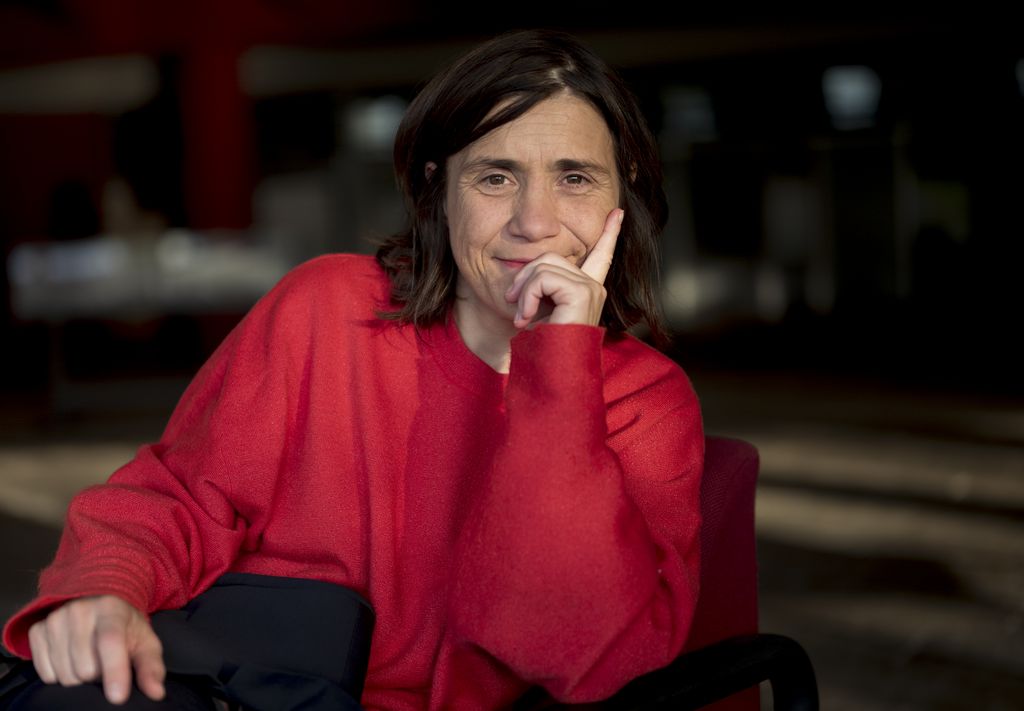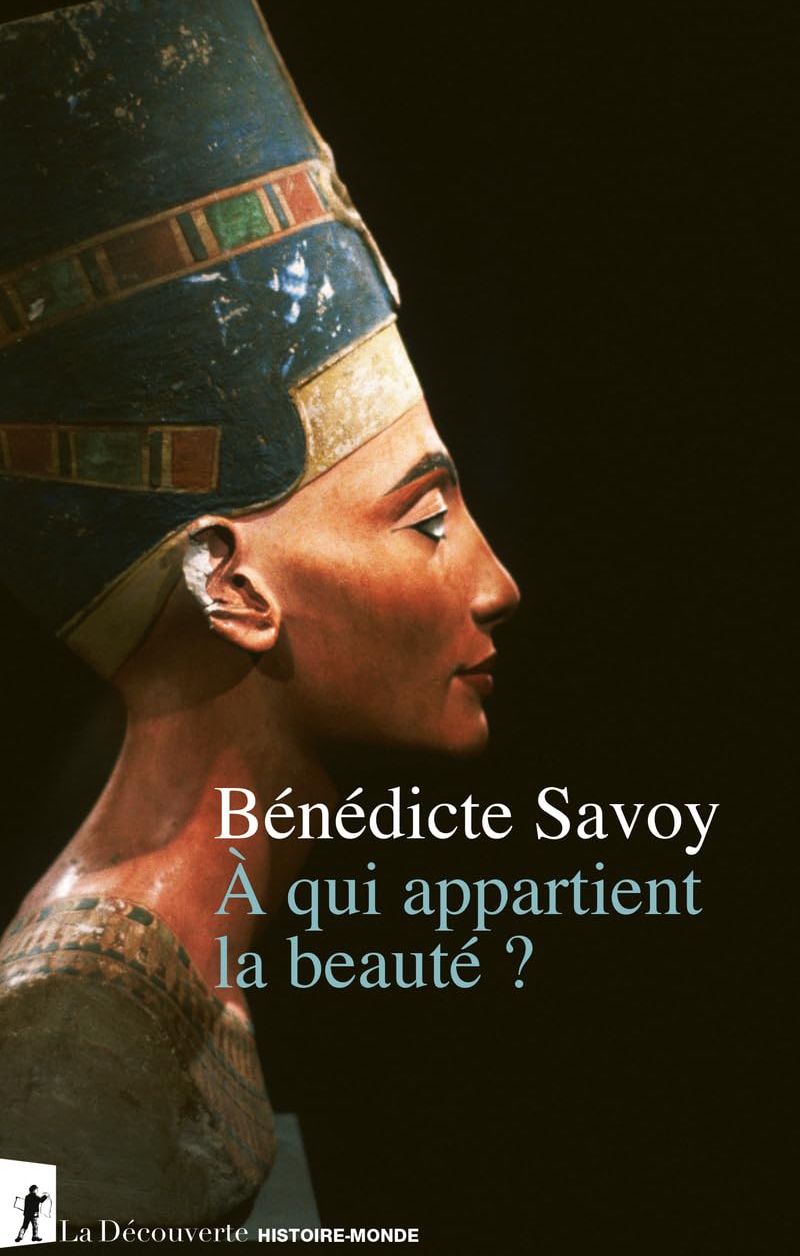
For the movement of thinking
The European Essay Award reveals to readers the best essays in all disciplines. It draws attention to authors whose work bear witness to and offer a fertile critique of current societies, their practices and ideologies. Awarded since 1975, it is the first literary prize devoted solely to the genre of the essay.
Bénédicte Savoy is awarded the European Essay Prize 2025

© Maurice Weiss
The jury of the European Essay Prize recognized in the work À qui appartient la beauté ? the complex art of highlighting all the issues related to the restitution of artworks. As these objects circulate, they trace a history of the world; the essay thus enables an exploration of both the art world and the political sphere. In doing so, the essayist offers essential material for reflection, questioning, perspective, and dialogue on a topic that has become inescapable in our contemporary society. The jury wishes to acknowledge both Bénédicte Savoy’s career as an art historian and her scholarly engagement in the field as a mediator.

The Bust of Nefertiti, the Pergamon Altar, the Ghent Altarpiece, the Sistine Madonna, the bronze heads from Beijing’s Summer Palace, L’Enseigne de Gersaint, the statue of the “Bangwa Queen” from Cameroon, the Portrait of Adele Bloch-Bauer, the “royal treasures” of Benin — through the journeys of these emblematic works, Bénédicte Savoy unfolds a reflection on desire and domination, on rupture and repair, on the emotions beauty evokes, and on the legacy we are called to pass on.
Bénédicte Savoy is a professor of art history at the Technical University of Berlin. She is the author of numerous works, including Restituer le patrimoine africain (with Felwine Sarr, Seuil/Philippe Rey, 2018) and Le long combat de l’Afrique pour son art. Histoire d’une défaite postcoloniale (Seuil, 2023).
Il est important de porter au public la connaissance des contextes qui ont permis aux musées européens de devenir ce qu’ils sont aujourd’hui : les dépositaires de l’art mondial, certes, mais aussi, et au même niveau d’importance, de l’histoire et de la géopolitique des XIXe et XXe siècles. (…) L’introspection, c’est l’effort qui consiste, collectivement, à rattacher ces objets dont nos musées sont dépositaires à l’histoire de leur venue chez nous et aux gens qui vivent aujourd’hui là où ils étaient hier. C’est donner à voir et à penser, c’est embrasser consciemment la part encombrante de notre histoire d’Européens, «à qui tout est venu».
Bénédicte Savoy, À qui appartient la beauté ? Paris, La Découverte, 2024, p. 52